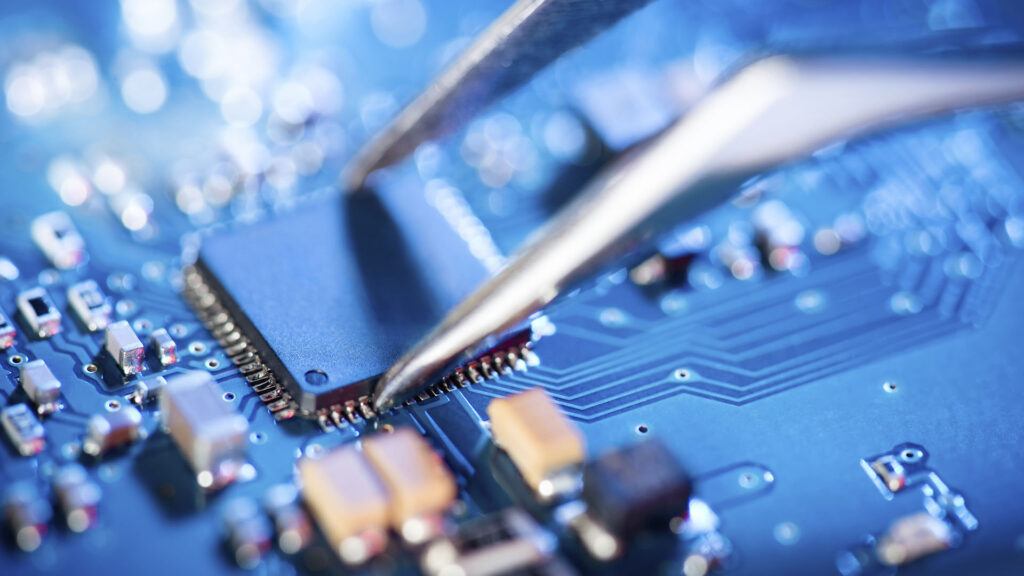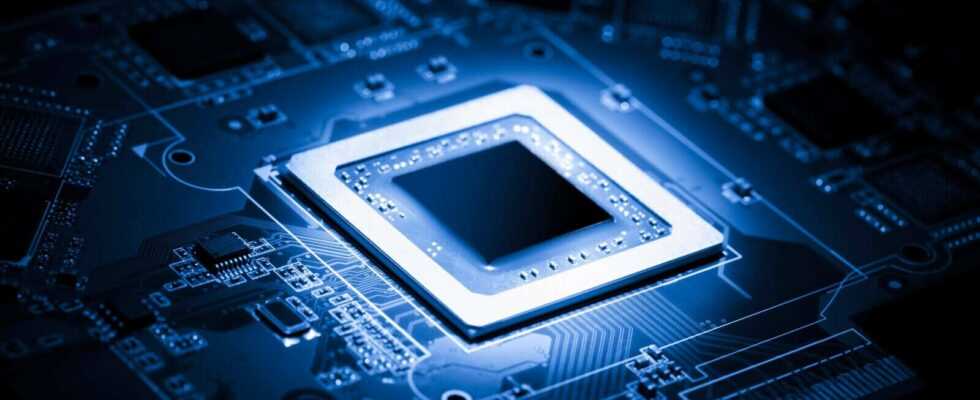Russian industry, already far behind the rest of the world in terms of processor manufacturing, finds itself in an even more difficult position: it no longer has the possibility of accessing the ARM architecture.
The haemorrhage hitting Russia in terms of access to Western services and products is getting worse. While many platforms have distanced themselves since the start of the Russian invasion of Ukraine, new restrictions are hitting the semiconductor industry this time. This was noted by the Bleeping Computer site, in its May 7 edition.
The United Kingdom took additional measures on May 5 to punish Moscow since the beginning of its military adventure on February 24. However, in the updated list of companies targeted there are no less than 63 Russian entities, including two very specific groups: Baikal Electronics and MCST (Moscow Center of SPARC Technologies).
Baikal is a name you may be familiar with. In the mid-2010s, Russia announced its intention to replace its computers and servers equipped with American processors from AMD or Intel – two American firms – with its own processors, based on an ARM architecture. However, the ARM architecture is provided by a British company.
ARM is at the crossroads of global tech
This is precisely where the shoe pinches: the United Kingdom, by listing Baikal and MCST in this blacklist, hinders the Russian ability to be able to exploit the designs developed by ARM to produce its own processors. ARM does not manufacture the chips itself: it draws the plans, which it offers under license to manufacturers such as Baikal and MCST.
ARM being an English company, it has the obligation to respect the sanctions imposed by the British government, under penalty of facing legal troubles. A similar issue would certainly have emerged in the event of a takeover of ARM by Nvidia, an American company. But in the end, this acquisition of several tens of billions of dollars was not concluded.
The announced break with ARM promises to be difficult for Moscow. The designs that the British company offers to create new processors are very popular. Groups like Apple, Intel, Samsung and Microsoft have dealt with it. And, after all, Nvidia wouldn’t have been willing to drop $40 billion if ARM didn’t offer such exceptional technology.
The other major processor-making nations won’t be much help to Russia. Besides the United States and the Kingdom, nations like Japan and Taiwan also apply sanctions against the country to varying degrees. Same for South Korea. All these countries are close to the West and share the same point of view on the Russian invasion.
The Russian chip industry is stuck in 2004
In terms of etching fineness, which remains the metric commonly used to assess the degree of advancement of industries in semiconductors, the Russian sector offers products whose transistors reach between 16 and 28 nanometers (nm) – and in terms of pure production, production lines are not able to go below 90 nm.
However, the 90 nm era was the one in force in the West in the years 2004-2005. This is the level of finesse that was found for example in the PlayStation 3. This shows the delay of the country in this area. Today, the most advanced production lines in the world reach 10, 7 and even 5 nm. And already, we are talking about the next evolution, at 3 or even 2 nm.

In other words, even if Russia were to infringe ARM’s industrial property to still produce chips, it could not do so with a degree of precision of 16 to 28 nm, for lack of the adequate facilities. There remains then the possibility of turning to China, but it is a risk of increasing even more the dependence of Moscow with regard to Beijing.
China has not yet reached the same level of sophistication as other nations that matter in semiconductors, but it is making rapid progress. It remains to be seen whether the authorities in Beijing will allow such a partnership to develop, as Western countries are pushing everywhere to isolate Russia as long as the invasion of Ukraine continues.
As for the idea of upgrading its entire chip production industry, nothing will be possible for several years – we are talking about 2030, at best. However, Russia’s needs are expressed in the short term. And even if the country will be able to produce more efficient processors within ten years, the rest of the world will also have progressed and will always be far ahead.

